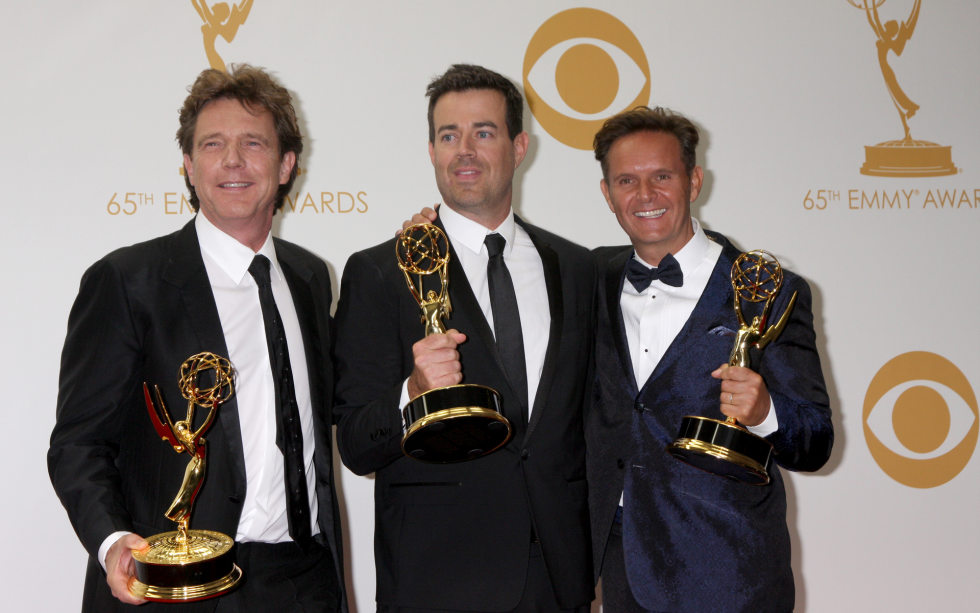Facebook is being sued by Dutch media tycoon, John de Mol, for posting fraudulent Bitcoin ads that listed him as an investor.
Billionaire Claims Facebook Turns a Blind Eye to Scams
On Wednesday, Reuters reported that John de Mol, the billionaire businessman behind the popular reality TV show ‘ Big Brother’ was suing Facebook for publishing false advertisements which used his name to carry out Bitcoin-related investment fraud.
De Mol’s legal representatives told an Amsterdam District Court judge that Facebook did not diligently vet the authenticity of the ads and that the company had not exerted any urgency in addressing the issue. De Mol’s lawyers also complained that Facebook had not responded to De Mol’s complaints appropriately.
The advertisements promoted an investment scheme which encouraged participants to send money to purchase bitcoin at lucrative rates and to also invest in fake cryptocurrency-oriented startups, which were supposedly endorsed and backed by De Mol.
De Mol’s lawyers are asking that the court require Facebook to amend its listing algorithm to block any ads that feature De Mol. They stressed that the fake adverts were damaging to De Mol’s reputation.
De Mol’s lawyers also claimed that naive investors were purloined out of 1.7 million euros by the ads. They pointed out that he was not the only Dutch celebrity whose person was used as a front for fraudulent investment schemes.
Facebook Says ‘We’re Working on It’
Facebook lawyer, Jens van den Brink countered that the tech giant is unable to monitor every ad placed on its platform in realtime. Van den Brink claims that the fraudulent company and its ad content were deleted shortly after Facebook was informed of De Mol’s complaints.
According to Van den Brink, Facebook also met with the Dutch financial markets regulator (AFM) to determine new methods for preventing scammers from posting fake ads.
Many are of the opinion that Facebook’s current system of relying on users to self-report unauthentic content is insufficient and lawyer Jacqueline Schaap said,
I don’t know what reality Facebook lives in, but that doesn’t work.
Schaap suggested that Facebook should enact “pre-emptive action to block such ads” and De Mol’s lawyers want Facebook to hand over all information about those behind the fraudulent investment schemes to the local police.
The Case Continues
The judge overseeing the case asked Van den Brink pointed questions about Facebook’s ad vetting procedures and also dug into whether the company actually checks the content of the landing pages that advertisements are connected to. Van den Brink confirmed that the company does thoroughly vet content but also admitted that the software can be duped by advertisers who alter links in their ads or disguise their content.
Facebook manager Rob Leathern told reporters that the social media giant is working to weed out fraudulent advertisements but “the people who push these kinds of ads are persistent, they are well-funded and they are constantly evolving their deceptive tactics to get around our systems.”
As the hearing wrapped up, Judge Dudok de Heel declined to set a date to rule on the case and suggested that there is the possibility of both sides reaching some sort of agreement.
Just last month, Bitcoinist reported that Facebook has eased its restrictions on certain cryptocurrency-related ads to make way for its own ‘cryptocurrency’ dubbed GlobalCoin.
Do you think Facebook should be held accountable for the paid content is publishes? Share your thoughts in the comments below!
Images via Twitter, Shutterstock
